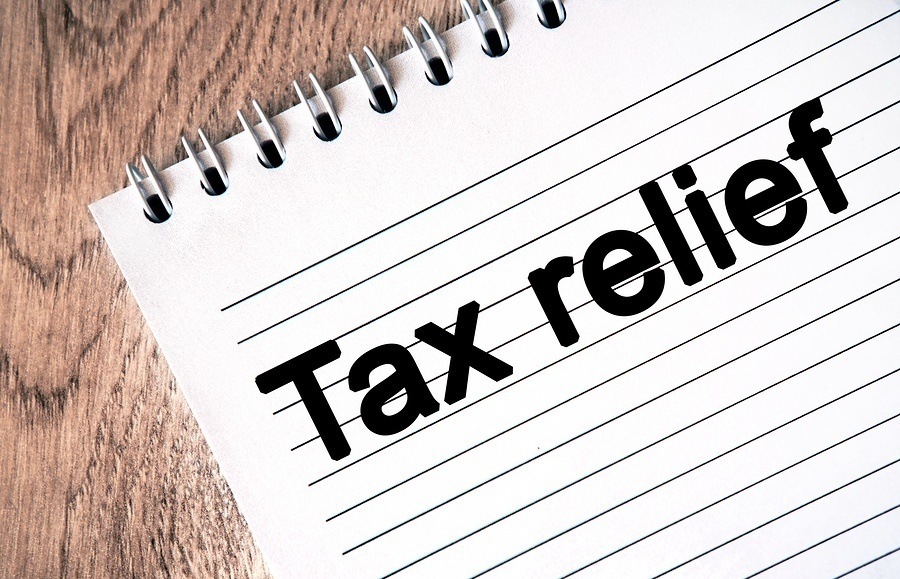Due to the Coronavirus pandemic, the federal government has implemented tax and retirement plan relief that may benefit you. Additionally, tax planning remains an important part of preparing your estate plan and these new changes must be considered as you revisit your planning strategies.
Estate and Gift Tax Planning
The due date for gift tax returns and payments has also been extended from April 15, 2020 to July 15, 2020. With the federal estate and gift tax exemption presently at $11,580,000, but set to be cut by half after 2025, now is the time to consider utilizing that exemption and making gifts for estate and gift tax planning purposes. For those with total assets above the $11,580,000 exemption, the reduction in stock market values and the possible reduction in valuations of private companies may create a unique opportunity to make gifts now at lower values, which uses less of that exemption.
Income Taxes
The IRS announced that it is extending the April 15, 2020 tax filing and paying deadline to July 15, 2020 for most taxpayers. New York announced that it is extending its filing deadline to July 15, 2020. However, those that are expecting a refund should still file as soon as they can.
Early Retirement Distributions
You may withdraw up to $100,000 from a retirement plan (401(k), IRA, etc.) without penalty, if you or an immediate family member have been diagnosed with coronavirus or have experienced financial hardship due to the current crisis. Any taxes incurred on the withdrawal would still need to be paid as usual. The cap on 401(k) loans has also been increased from $50,000 to $100,000 if the loan is coronavirus-related.
Required Minimum Distributions (RMD) Waived
You will not be required to make any RMD withdrawals in 2020, including those from inherited IRAs. Taxes will still be owed on any RMD withdrawals already made that cannot be returned. Please note that this waiver only relates to income tax rules, and does not affect the distribution requirements for those receiving home care or nursing home Medicaid.
There are a number of exceptions and rules that must be followed to qualify for some of the above. Therefore, speak to your accountant regarding your personal tax circumstances.
As always, contact us with any questions you may have. Our Elder Law attorneys are always available to address your questions and concerns. Call us at 631.390.5000 or click here.


